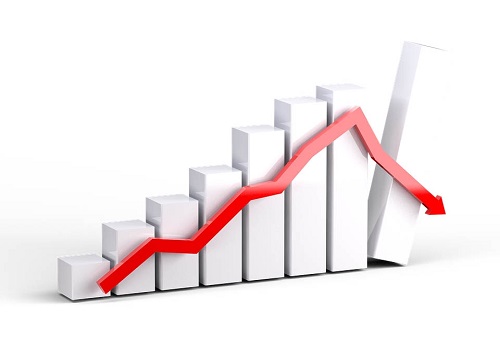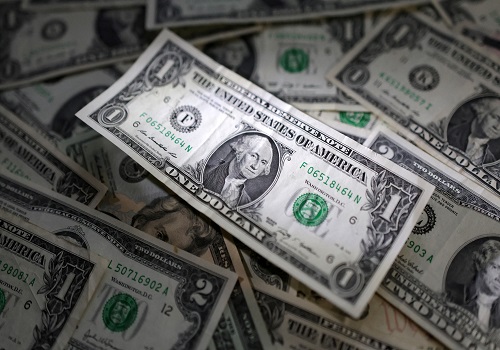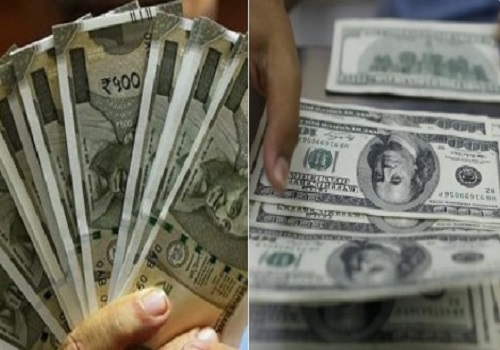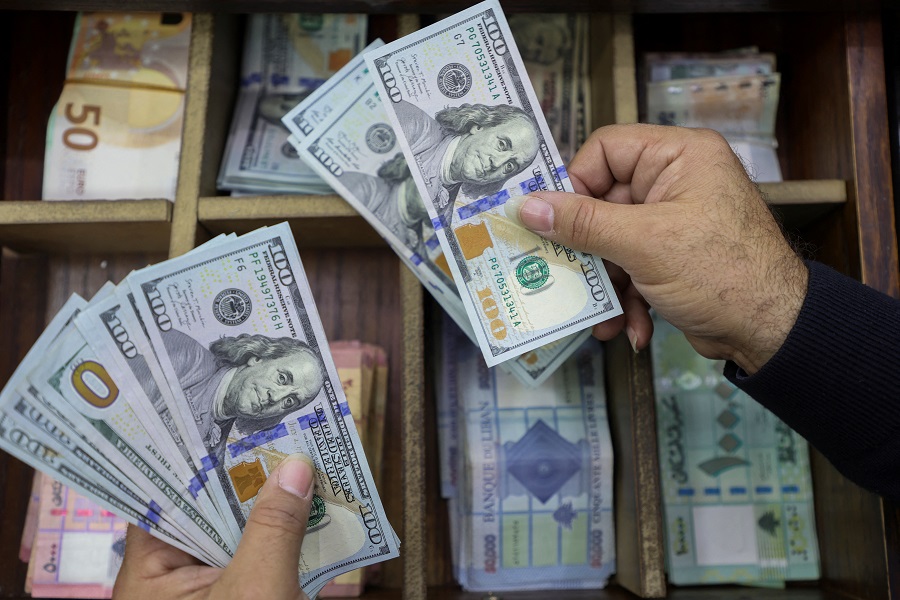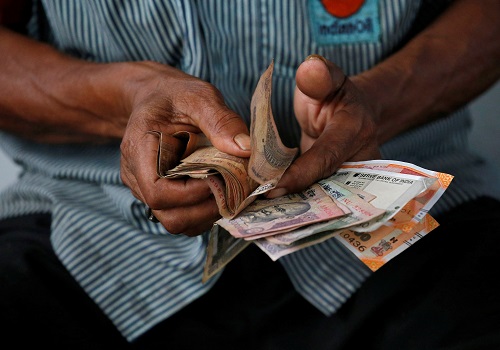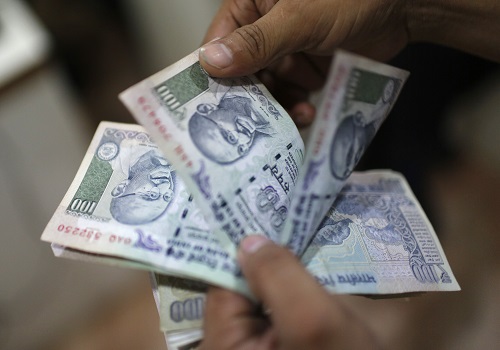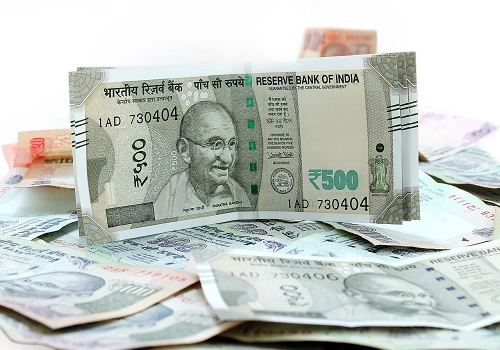Dollar firm with eyes on PCE data, kiwi drops as RBNZ holds rates
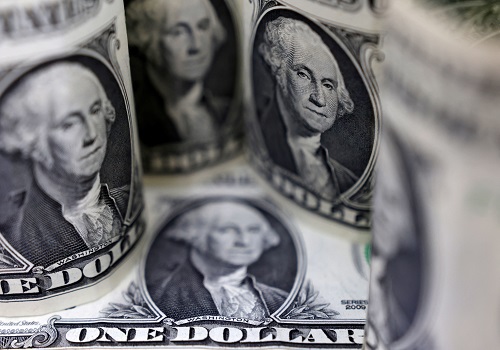
The U.S. dollar held steady as traders brushed off manufactured goods data overnight and awaited the Federal Reserve's preferred measure of inflation for clues on when the U.S. central bank may start cutting interest rates.
Meanwhile, the Reserve Bank of New Zealand (RBNZ) held the cash rate steady and issued commentary seen as dovish, sending the kiwi falling to over a one-week low.
In the U.S., the Commerce Department's Census Bureau said orders for durable goods fell 6.1% last month, exceeding the 4.5% decline forecast by economists polled by Reuters.
The data did not seem to faze the market, with all eyes on the U.S. core personal consumption expenditures (PCE) price index due on Thursday. Forecasts are for a rise of 0.4%.
Markets have largely priced out a rate cut at both the Fed's March and May meeting, CME's FedWatch Tool showed, following strong U.S. consumer and producer price data. The chance of a cut in June sits around 51%.
The U.S. dollar index, which measures the currency against a basket of peers, hovered around 103.84.
With market expectations more closely aligned with the Fed's latest projections and comments, traders would only respond if they see a trend break in tier one data, especially anything "hinting at growth weakness," said Charu Chanana, head of currency strategy at Saxo.
"Meanwhile, the focus will be outside the U.S., particularly RBNZ meeting today or Eurozone inflation on Friday, to revive some level of volatility in the FX markets."
New Zealand's central bank held the cash rate steady at 5.5% on Wednesday, sending the kiwi tumbling 0.71% to over a one-week low of $0.61260.
Markets were pricing in a one-in-three chance the RBNZ would raise its 5.5% official cash rate to combat stubborn inflation, and all but one of the 28 economists polled by Reuters expected the RBNZ to keep its cash rate at a 15-year high of 5.50%.
"Not only did the RBNZ defy hawks, they also released the doves," said Matt Simpson, senior market analyst at City Index.
"Bets for a hike had been scaled back in recent days, but there was still clearly some expectation of a hawkish bias in the statement given the immediate reaction of the New Zealand dollar."
The Australian dollar dipped 0.08% to $0.65380 as market players digested softer-than-expected domestic monthly consumer price numbers.
The data showed inflation at an annual pace of 3.4% in January, unchanged from December and under market forecasts of 3.6%.
Although inflation remains above the Reserve Bank of Australia's (RBA) 2-3% target, "it is close enough to expect the RBA to hold rates steady - regardless of the hawkish bias they decided to maintain at their recent meeting," said Simpson.
Elsewhere, the euro consolidated as Europe awaited its own slew of inflation reports, with German states, France and Spain scheduled to release price data on Thursday ahead of the euro area's figures due on Friday.
The euro was mostly unchanged versus the greenback at $1.0842.
The yen was holding around 150.43 per dollar after strengthening as much as 150.08 against the greenback overnight after inflation data on Tuesday showed Japan's core consumer inflation exceeded forecasts.
In cryptocurrencies, bitcoin was last up 0.41% at $56,961.00 as it continued to surge after jumping to a more than two-year high above $57,000 on Tuesday.













